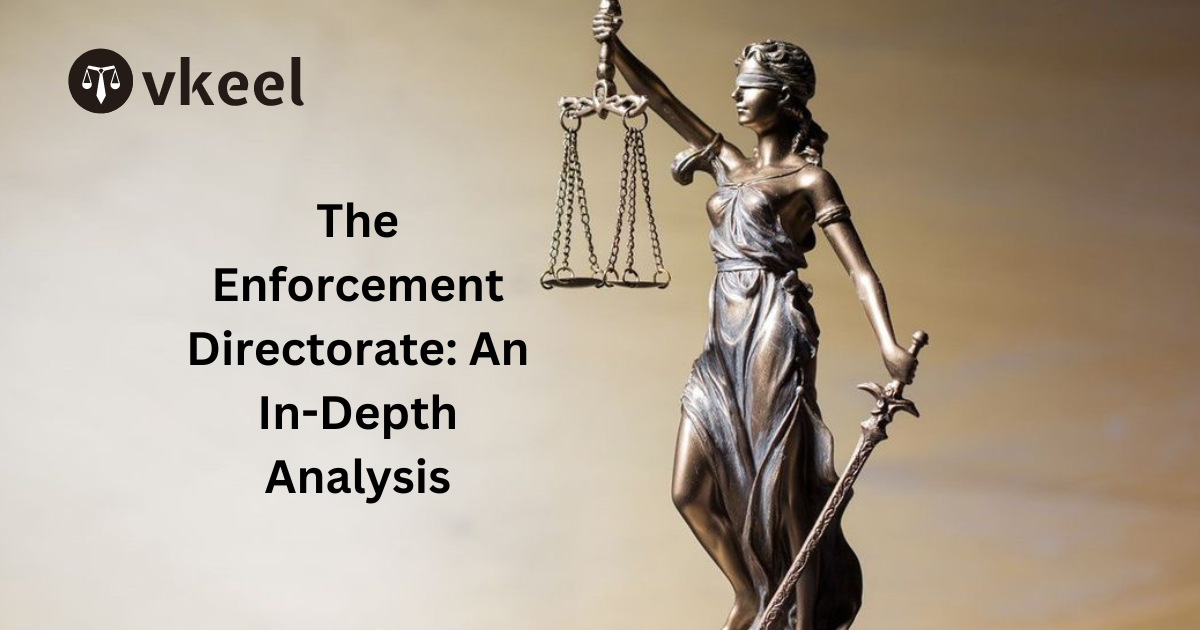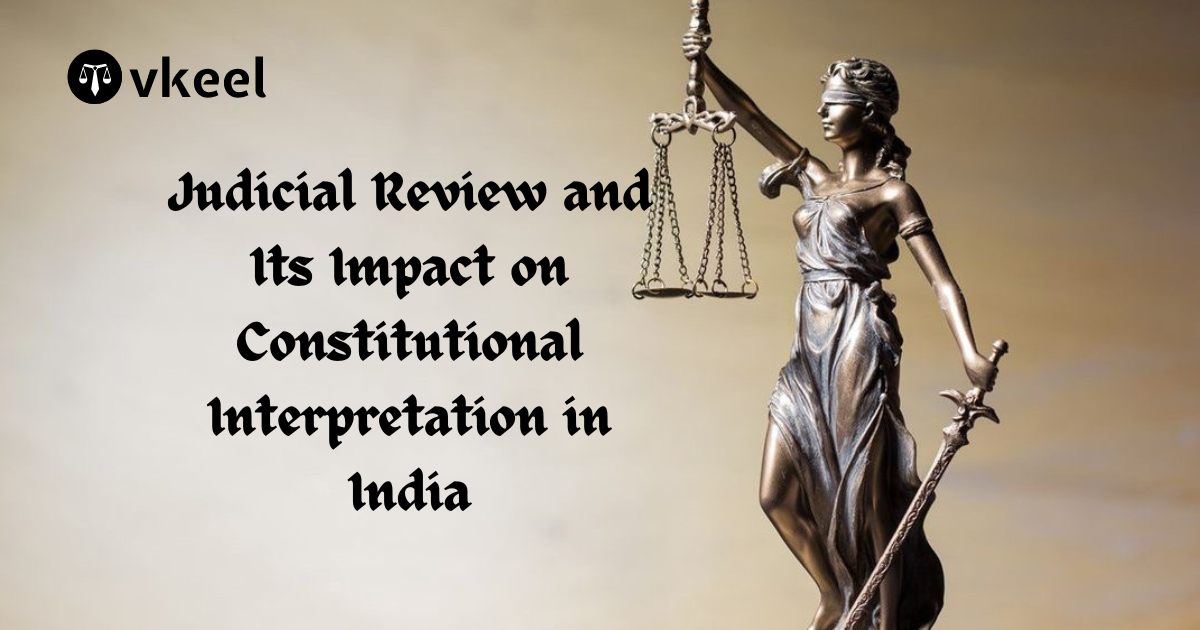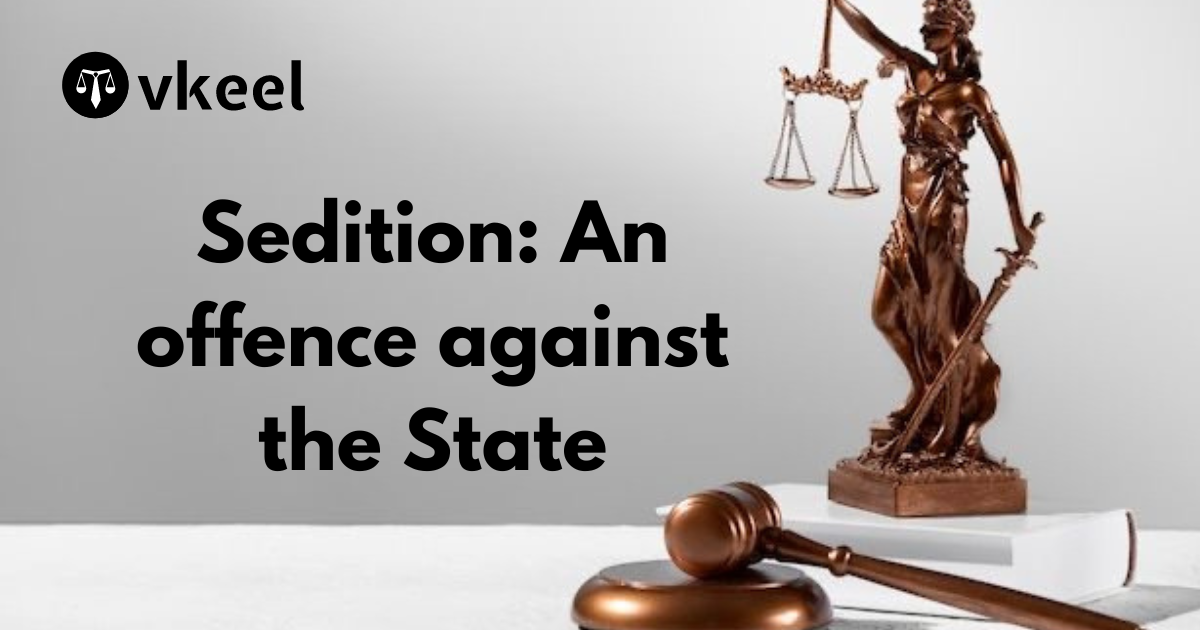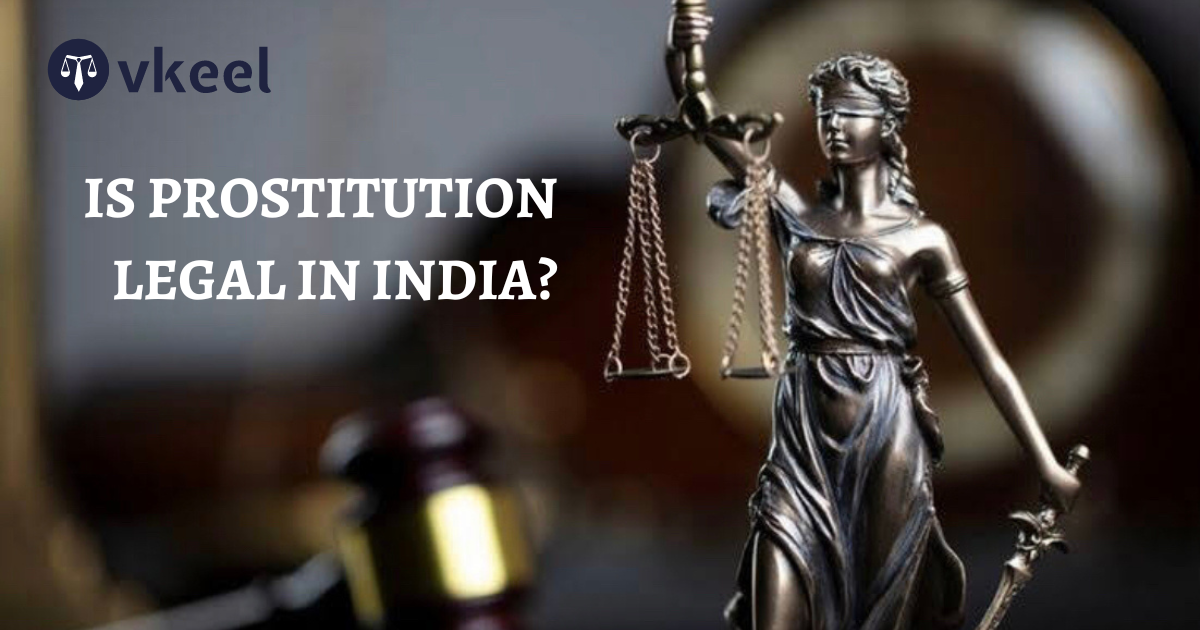The Enforcement Directorate: An In-Depth Analysis
By Himanshu Kumar
Table of Contents
Introduction
The Enforcement Directorate (ED) is one of India’s premier agencies tasked with enforcing economic laws and fighting financial crimes. Established to curb economic offenses like money laundering and foreign exchange violations, the ED plays a pivotal role in maintaining the financial integrity of the nation.
The primary objective of the Enforcement Directorate (ED) is to enforce economic laws and combat financial crimes, thereby ensuring the financial stability and integrity of India. The ED focuses on investigating and prosecuting cases related to money laundering, foreign exchange violations, and economic fraud. Through stringent enforcement of laws such as the Prevention of Money Laundering Act (PMLA), the Foreign Exchange Management Act (FEMA), and the Fugitive Economic Offenders Act (FEOA), the ED aims to deter financial misconduct, recover proceeds of crime, and bring offenders to justice.
Additionally, the ED’s objectives include fostering a transparent and fair economic environment by collaborating with other domestic and international agencies to combat transnational financial crimes. By maintaining a robust regulatory framework and leveraging advanced technologies, the ED seeks to protect the economy from the adverse effects of financial crimes, thereby contributing to the nation’s overall economic security and growth.
Historical Background and Establishment
The Enforcement Directorate was established in 1956, initially to handle cases under the Foreign Exchange Regulation Act (FERA) of 1947. Over the decades, its mandate expanded significantly to address complex economic crimes, particularly with the enactment of the Prevention of Money Laundering Act (PMLA) in 2002. The ED operates under the aegis of the Department of Revenue, Ministry of Finance, and is headquartered in New Delhi, with multiple regional offices across the country.
Functions and Powers of the Enforcement Directorate
The ED’s primary functions revolve around enforcing the following key laws:
- Foreign Exchange Management Act (FEMA), 1999: Replacing FERA, FEMA focuses on facilitating external trade and payments and promoting orderly development and maintenance of the foreign exchange market in India. The ED investigates and adjudicates cases related to violations of FEMA.
- Prevention of Money Laundering Act (PMLA), 2002: This law aims to combat money laundering and provide for confiscation of property derived from, or involved in, money laundering. The ED is responsible for investigating offenses of money laundering and initiating actions for attachment of property and prosecution.
- Fugitive Economic Offenders Act (FEOA), 2018: This act empowers the ED to confiscate properties of economic offenders who evade the judicial process by remaining outside the jurisdiction of Indian courts.
Key Functions
- Investigation: The ED investigates cases related to money laundering, foreign exchange violations, and economic frauds.
- Attachment of Property: Under PMLA, the ED has the power to attach properties involved in money laundering.
- Prosecution: The ED prosecutes individuals and entities involved in economic offenses.
- Coordination with Other Agencies: The ED collaborates with other domestic and international agencies to combat transnational financial crimes.
Significant Case Laws
1. 2G Spectrum Case
One of the most high-profile cases investigated by the ED involved the alleged irregularities in the allocation of 2G spectrum licenses. The case, which came to light in 2008, saw several high-ranking officials and corporate executives being prosecuted. The ED investigated the money laundering aspect, leading to the attachment of properties worth hundreds of crores. The case underscored the ED’s role in tackling corruption at the highest levels and recovering assets derived from illicit activities.
2. Commonwealth Games Scam
The 2010 Commonwealth Games held in Delhi were marred by allegations of financial irregularities and corruption. The ED was instrumental in probing the money laundering aspects of the scam. Several individuals, including high-ranking officials, were investigated, and properties worth significant amounts were attached. This case highlighted the ED’s role in maintaining financial propriety in large-scale public projects.
3. PNB Fraud Case
The Punjab National Bank (PNB) fraud case, involving diamantaire Nirav Modi and his uncle Mehul Choksi, was one of the largest banking scams in India’s history. The ED’s investigation revealed massive money laundering operations, leading to the attachment of properties in India and abroad. The case emphasized the importance of the ED in tackling complex financial frauds and ensuring that offenders are brought to justice.
4. Vijay Mallya Case
Business tycoon Vijay Mallya’s default on loans taken for Kingfisher Airlines led to allegations of financial misconduct and money laundering. The ED played a crucial role in investigating the money laundering charges and attaching Mallya’s properties in India and abroad. This case exemplifies the ED’s commitment to bringing fugitive economic offenders to justice under the Fugitive Economic Offenders Act.
Amendments and Legislative Developments
The legislative framework governing the ED has undergone significant changes to enhance its effectiveness and address evolving economic crimes. Some of the key amendments include:
1. Prevention of Money Laundering Act (PMLA) Amendments
The PMLA has seen several amendments to strengthen the legal framework against money laundering:
- 2009 Amendment: Expanded the definition of the ‘proceeds of crime’ and included new predicate offenses, enhancing the scope of the law.
- 2012 Amendment: Introduced provisions for the confiscation of property equivalent to the value of proceeds of crime located abroad.
- 2019 Amendment: Made bail conditions more stringent and expanded the powers of the ED to attach properties during the investigation.
2. Fugitive Economic Offenders Act (FEOA), 2018
The enactment of the FEOA was a significant development aimed at tackling the issue of fugitive economic offenders. The act provides for the confiscation of properties of offenders who evade the judicial process by remaining outside the jurisdiction of Indian courts. The ED has been empowered to take swift action against such offenders, ensuring that economic crimes do not go unpunished due to jurisdictional challenges.
3. Foreign Exchange Management Act (FEMA) Amendments
FEMA has been amended periodically to align with changing economic policies and international best practices. The amendments aim to facilitate trade, promote foreign investments, and ensure a robust regulatory framework for foreign exchange transactions. The ED’s role in enforcing FEMA is crucial in maintaining orderly development and functioning of the foreign exchange market in India.
Challenges and Criticisms
While the ED has been instrumental in combating economic offenses, it has faced several challenges and criticisms:
- Overlapping Jurisdictions: The ED often works alongside other agencies like the Central Bureau of Investigation (CBI) and Income Tax Department, leading to jurisdictional overlaps and coordination challenges.
- Political Allegations: The ED has occasionally been accused of acting under political influence, targeting opposition leaders, and being used as a tool for political vendetta. Such allegations can undermine the credibility and independence of the agency.
- Complexity of Financial Crimes: The increasing complexity of financial crimes, involving sophisticated money laundering techniques and international networks, poses significant challenges to the ED’s investigative capabilities.
- Resource Constraints: Adequate resources, including trained personnel and technological infrastructure, are essential for the ED to effectively carry out its mandate. Resource constraints can hamper the efficiency and effectiveness of its operations.
Recent Developments and Future Outlook
The ED continues to play a crucial role in enforcing economic laws and combating financial crimes in India. Recent developments indicate a growing emphasis on international cooperation and the use of advanced technologies to tackle economic offenses. The agency’s collaboration with international bodies like the Financial Action Task Force (FATF) and Interpol highlights its commitment to addressing transnational financial crimes.
Additionally, the government’s focus on strengthening anti-money laundering laws and the push for greater transparency in financial transactions are likely to enhance the ED’s operational framework. The implementation of blockchain technology, artificial intelligence, and data analytics in investigations is expected to significantly bolster the ED’s capabilities in detecting and combating economic crimes.
Conclusion
The Enforcement Directorate occupies a central role in India’s fight against economic offenses and financial crimes. Its mandate, encompassing the enforcement of FEMA, PMLA, and FEOA, among others, positions it as a key player in ensuring financial integrity and stability. While the agency has made significant strides in combating high-profile cases of corruption, money laundering, and fraud, it continues to face challenges that require ongoing reforms and enhancements.
The evolution of the ED’s legislative framework, marked by key amendments and enactments, reflects the dynamic nature of economic crimes and the need for robust regulatory mechanisms. As India continues to integrate into the global economy, the ED’s role in safeguarding the financial system becomes increasingly critical. Ensuring the agency’s independence, providing adequate resources, and fostering international cooperation will be essential in empowering the ED to effectively fulfill its mandate and contribute to the nation’s economic security and prosperity.
Disclaimer:
The information provided in the article is for general informational purposes only, and is not intended to constitute legal advice or to be relied upon as a substitute for legal advice. Furthermore, any information contained in the article is not guaranteed to be current, complete or accurate. If you require legal advice or representation, you should contact an attorney or law firm directly. We are not responsible for any damages resulting from any reliance on the content of this website.








